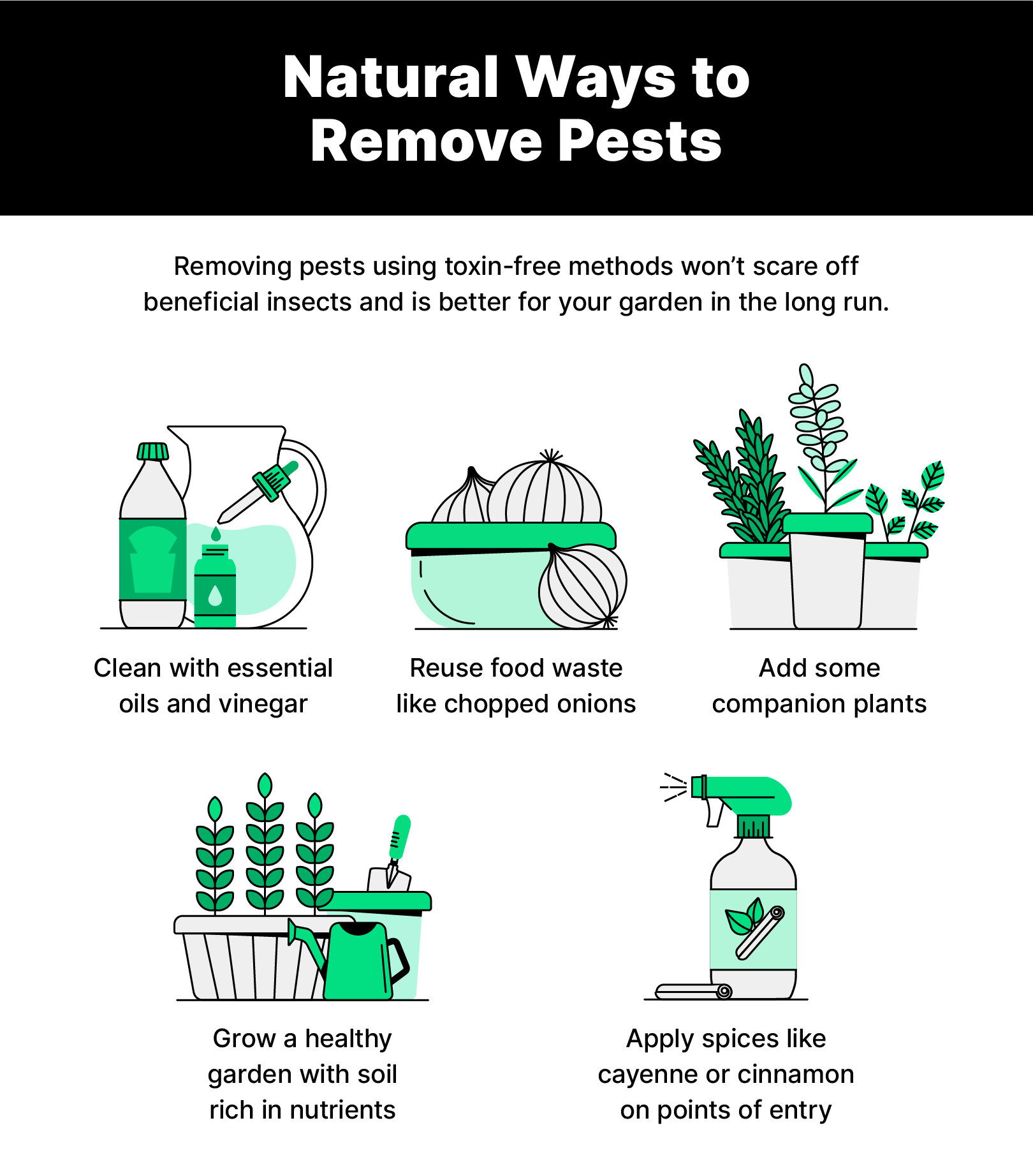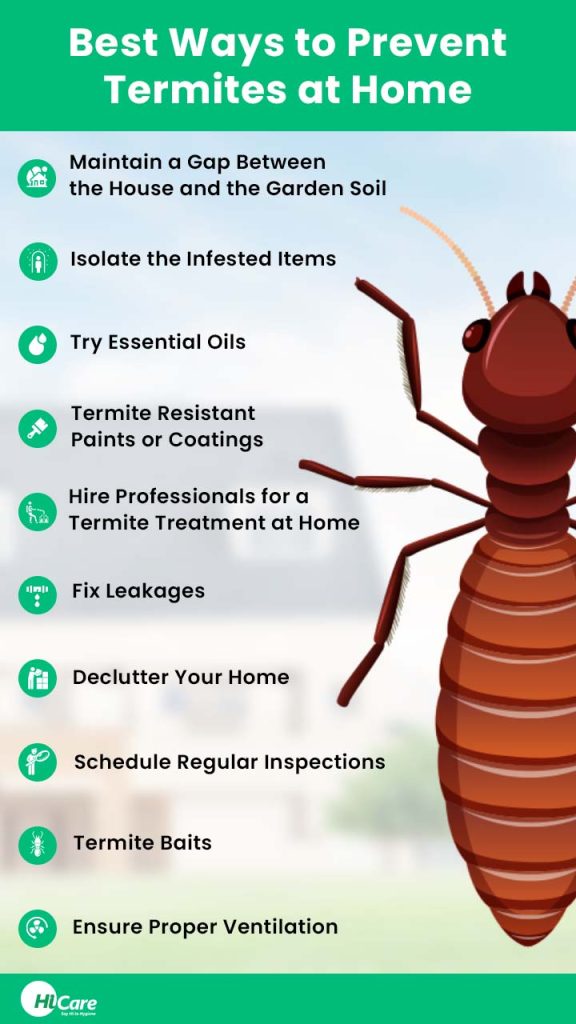Pests can be a significant nuisance, causing damage to property and posing health risks. While chemical solutions are often the go-to, natural remedies and preventative measures offer a safer, more eco-friendly alternative. This article explores effective natural remedies and preventative strategies to keep pests at bay.
Understanding the Pest Problem
Before diving into solutions, it’s essential to understand the nature of the pest problem. Different pests require different approaches. For instance, ants and spiders have distinct behaviors and habitats, necessitating tailored strategies. By identifying the specific pests you’re dealing with, you can better target your efforts.
“The first step in effective pest control is identifying the pest and understanding its behavior,” says Dr. Emily Thompson, an entomologist. “This knowledge is crucial for selecting the right prevention and control methods.”
Natural Remedies for Pest Control
Essential Oils
Essential oils are a popular natural remedy for pest control. Oils like peppermint, eucalyptus, and tea tree oil are known for their repellent properties. Dilute these oils with water and spray them around entry points and infested areas.

Diatomaceous Earth
Diatomaceous earth is a natural, non-toxic powder made from fossilized algae. It works by dehydrating insects upon contact, making it effective against ants, cockroaches, and other crawling pests. Apply it around baseboards, in cracks, and on surfaces where pests are likely to travel.
Boric Acid
Boric acid is another effective natural remedy. It is a mild acid that can be used to control a variety of pests, including ants, cockroaches, and silverfish. Mix boric acid with sugar or flour to create a bait that attracts pests and kills them upon ingestion.
Preventative Measures
Seal Entry Points
One of the most effective ways to prevent pests is to seal entry points. Inspect your home for cracks, gaps, and holes that pests could use to enter. Use caulk, weatherstripping, or mesh screens to seal these openings.
“Sealing entry points is the first line of defense in pest prevention,” advises John Miller, a pest control expert. “It’s a simple yet highly effective measure.”
Keep a Clean Home
Maintaining a clean home is crucial for preventing pest infestations. Regularly clean surfaces, vacuum carpets, and take out the trash. Pests are attracted to food crumbs, spills, and clutter, so keeping your home tidy reduces their appeal.
Proper Food Storage
Proper food storage is another essential preventative measure. Store food in airtight containers and keep countertops clean. Dispose of garbage regularly and use sealed bins. This reduces the attractiveness of your home to pests.
Integrated Pest Management (IPM)
What is IPM?
Integrated Pest Management (IPM) is an approach that combines various control methods to manage pest populations. It emphasizes prevention, monitoring, and intervention only when necessary. IPM is a sustainable and effective way to manage pests.
Steps in IPM
- Monitor and Identify: Regularly inspect your property for signs of pests and accurately identify them.
- Prevent: Implement preventative measures like sealing entry points and maintaining cleanliness.
- Control: Use natural remedies and other control methods as needed, but only after careful consideration.

Common Pests and Their Control
Ants
Ants are one of the most common household pests. To control ants, use natural remedies like essential oils and diatomaceous earth. Additionally, keep food sealed and clean up spills immediately.
Spiders
Spiders can be controlled using natural remedies like peppermint oil and diatomaceous earth. Regularly vacuuming and sealing entry points also help reduce spider populations.
Cockroaches
Cockroaches are resilient pests that require a multi-faceted approach. Use boric acid baits, diatomaceous earth, and maintain a clean environment to control cockroach infestations.
The Benefits of Natural Remedies and Preventative Measures
Environmental Safety
Natural remedies and preventative measures are safer for the environment. They reduce the risk of chemical exposure and pollution, making them a more sustainable choice.
Health Benefits
Using natural remedies reduces the risk of health issues associated with chemical pesticides. This is particularly important for households with children and pets.
Cost-Effectiveness
While initial costs for natural remedies may be higher, they often provide long-term savings. Preventative measures like sealing entry points and maintaining cleanliness can prevent costly infestations.

Real-Life Success Stories
Case Study: The Smith Family
The Smith family struggled with a persistent ant problem. After trying various chemical solutions, they turned to natural remedies. They used peppermint oil and diatomaceous earth, sealed entry points, and maintained a clean home. Within a few weeks, their ant problem was under control.
Case Study: The Johnson Household
The Johnson household faced a severe cockroach infestation. They implemented an IPM approach, using boric acid baits and diatomaceous earth. They also kept their home clean and sealed entry points. Their efforts paid off, and the cockroach population significantly decreased.
Practical Tips for Effective Pest Control
Regular Monitoring
Regularly monitor your home for signs of pests. Early detection allows for quicker and more effective intervention.
Consistent Maintenance
Consistently maintain your home’s cleanliness and preventative measures. Pests are less likely to infest a well-maintained property.
Seek Professional Advice
If natural remedies and preventative measures aren’t effective, seek advice from a professional pest control service. They can provide tailored solutions and expert guidance.








